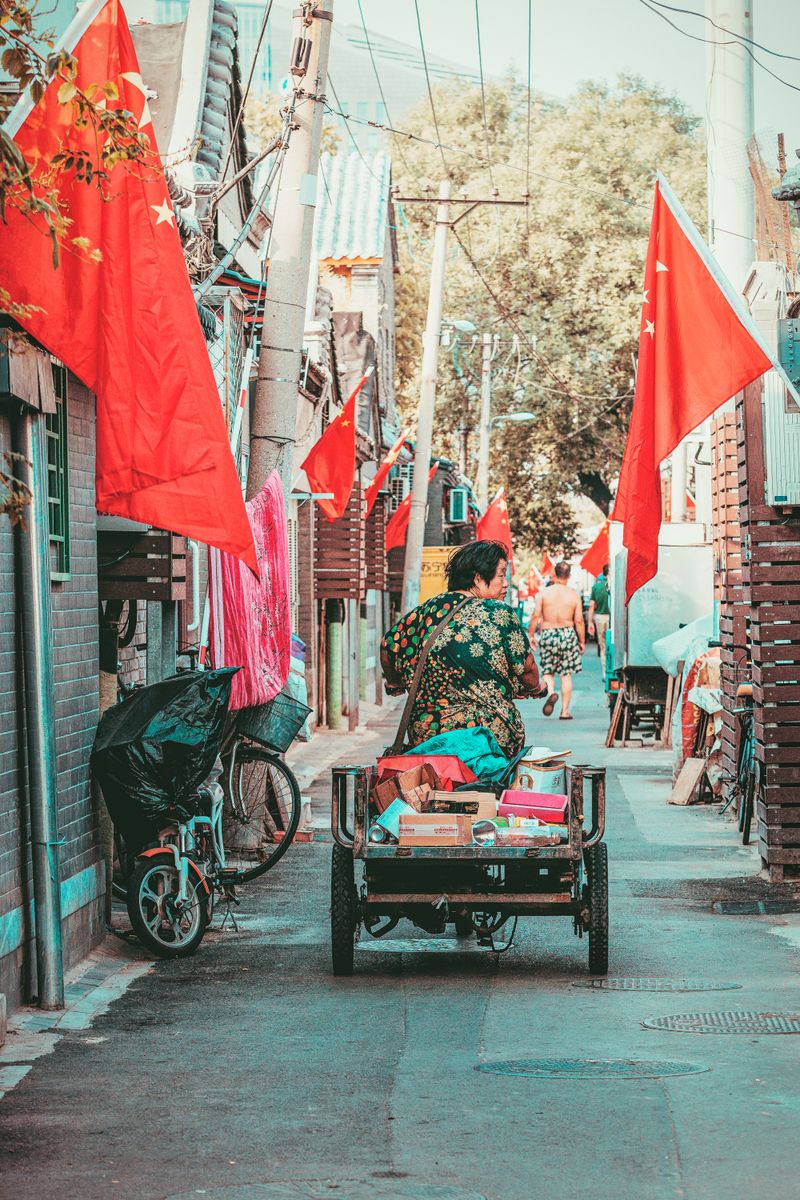China‘s Former Premier Li Keqiang Dies at 68: An End of an Era?
By | October 27, 2023
BEIJING, Oct 27 (Reuters) – Chinese former Premier Li Keqiang died of a heart attack on Friday, barely seven months after retiring from a decade in office during which his reformist star had dimmed. He was 68. Once viewed as a top Communist Party leadership contender, Li was sidelined in recent years by President Xi Jinping, who tightened his grip on power and steered the world’s second-largest economy in a more statist direction. The elite economist supported a more open market economy, advocating supply-side reforms in an approach dubbed “Likonomics” that was never fully implemented. Ultimately, he had to bend to Xi’s preference for more state control, and his former power base waned in influence as Xi installed his own acolytes to powerful positions.
The Legacy of Li Keqiang
Li Keqiang, during his tenure as premier, embodied a beacon of hope for the reformist movement in China. With his advocacy for a more open market economy and supply-side reforms, Li sought to steer China towards a path of economic liberalism. However, his efforts were met with resistance from President Xi Jinping, who favored a more state-controlled economy.
“Li has been seen as the representative of the reformists,” said Yun Sun, director at the Stimson Center in Washington. “But during his 10 years as the premier, China saw the regression of many policies.”
Li’s death marks the end of an era. He will be remembered as an advocate for the freer market and for the have-nots, a voice that resonated with many Chinese intellectuals and members of the liberal elite. However, his inability to fully implement his agenda and the growing influence of Xi Jinping’s statist economic policies meant that Li’s legacy ultimately fell short of its potential.
A Sidelined Premier
Li Keqiang’s influence as premier was overshadowed by his immediate predecessors, Zhu Rongji and Wen Jiabao. Despite his initial promise, Li found himself sidelined and powerless as China took a sharp turn away from reform and opening. His ability to effect change was severely constrained under Xi’s leadership.
Adam Ni, an independent China political analyst, described Li as “a premier who stood powerless as China took a sharp turn away from reform and opening.” His marginalized position within the party prevented him from fully realizing his vision for China‘s economic future.
The Reformist Faction Wanes
Li’s passing also symbolizes the waning influence of the reformist faction within Chinese politics. Retired Chinese leaders typically keep a low profile, and Li’s public appearances had become increasingly rare. The gradual dismantling of the reformist faction under Xi Jinping’s leadership means that figures like Li, who were once seen as proponents of economic liberalism, no longer hold positions of power within the party.
The passing of Li Keqiang is not only a personal loss but also represents a broader trend in Chinese politics. The fading presence of those who advocate for a freer market economy raises questions about the future direction of China‘s economic policies.
Editorial: The Struggle for Reform in China
The death of Li Keqiang serves as a reminder of the complex balancing act between reform and central control that has characterized China‘s economic development in recent years. Under Xi Jinping’s leadership, China has moved away from the market-oriented reforms of the past and embraced a more statist approach.
Li’s tenure as premier showcased the ongoing struggle between those who advocate for economic liberalization and those who prioritize state control. While Li initially championed supply-side reforms and a more open market economy, his vision was ultimately superseded by Xi’s agenda.
This struggle for reform reflects a larger philosophical debate in China: should the country continue on the path of economic liberalization, or should it prioritize state control and economic nationalism? The legacy of Li Keqiang will undoubtedly be entwined with this ongoing debate.
Advice: Navigating China‘s Economic Landscape
In light of China‘s shifting economic landscape, it is important for global investors and businesses to carefully navigate the complexities of the Chinese market. The tension between market-oriented reforms and state control poses challenges and uncertainties for those seeking to operate in China.
Understanding the priorities and policies of the Chinese government under President Xi Jinping is crucial for any entity looking to engage with the Chinese market. While economic liberalization may have taken a step back in recent years, China remains a key player in the global economy and offers significant opportunities.
The passing of Li Keqiang should serve as a reminder that economic reform in China is an ever-evolving process. As new leaders emerge and policies shift, staying informed and adaptable will be essential for anyone seeking to navigate the Chinese economic landscape.

<< photo by zhang kaiyv >>
The image is for illustrative purposes only and does not depict the actual situation.
You might want to read !
- US Retaliatory Strikes: Confronting Iranian-backed Militants in Iraq
- The Future of U.S. Military Involvement: Secretary of Defense Lloyd J. Austin III’s Perspective
- The Rise of the Rivals: Hornets vs Longhorns in the KLST Game of the Week
- The Rise of Hydrogen: Delta’s Arrival Boosts Hub’s Electrolyzer Capacity
- The New Axis of Power: Analyzing the Relationship Between Putin, Xi, and Khamenei
- Exploring Lionel Messi’s Underwhelming Debut Season in the MLS
- “Bowman vs. Republicans: A Clash of Rhetoric in the Capitol Controversy”
- Polarization and Gridlock: Can Mike Johnson Unite the House?
- The New Era of Leadership: Mike Johnson Elected House Speaker in Historic First Ballot




